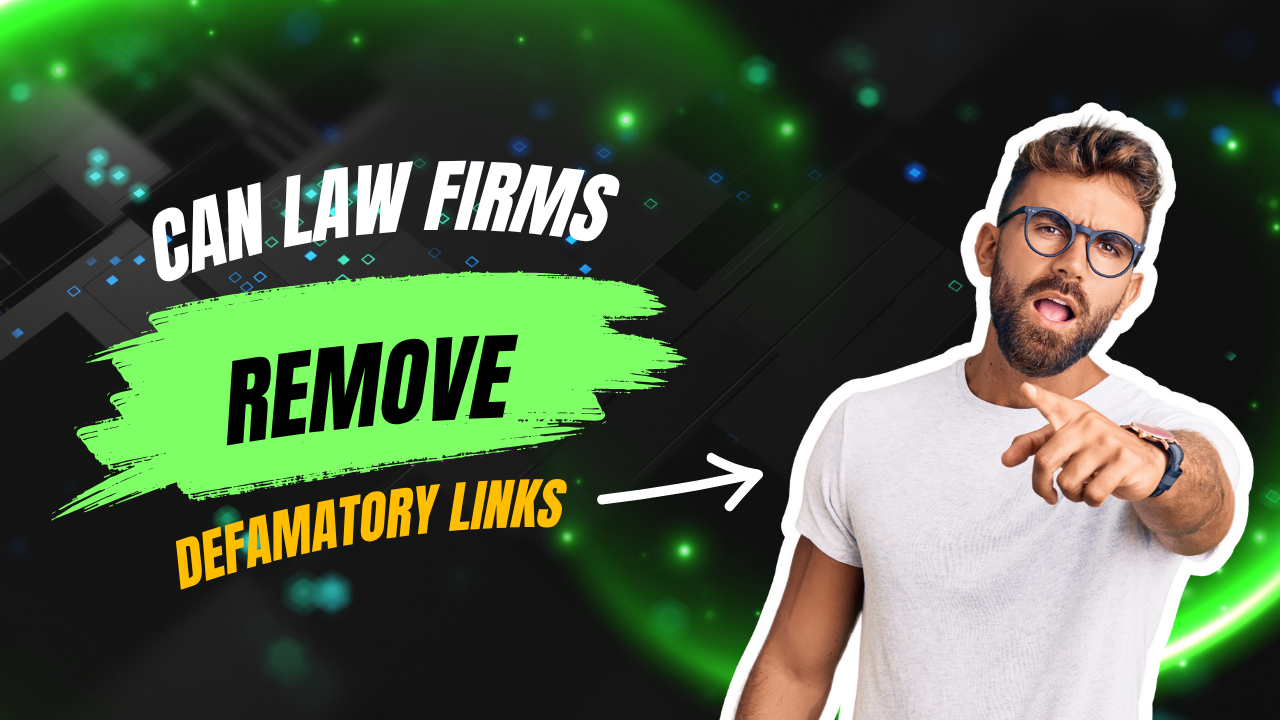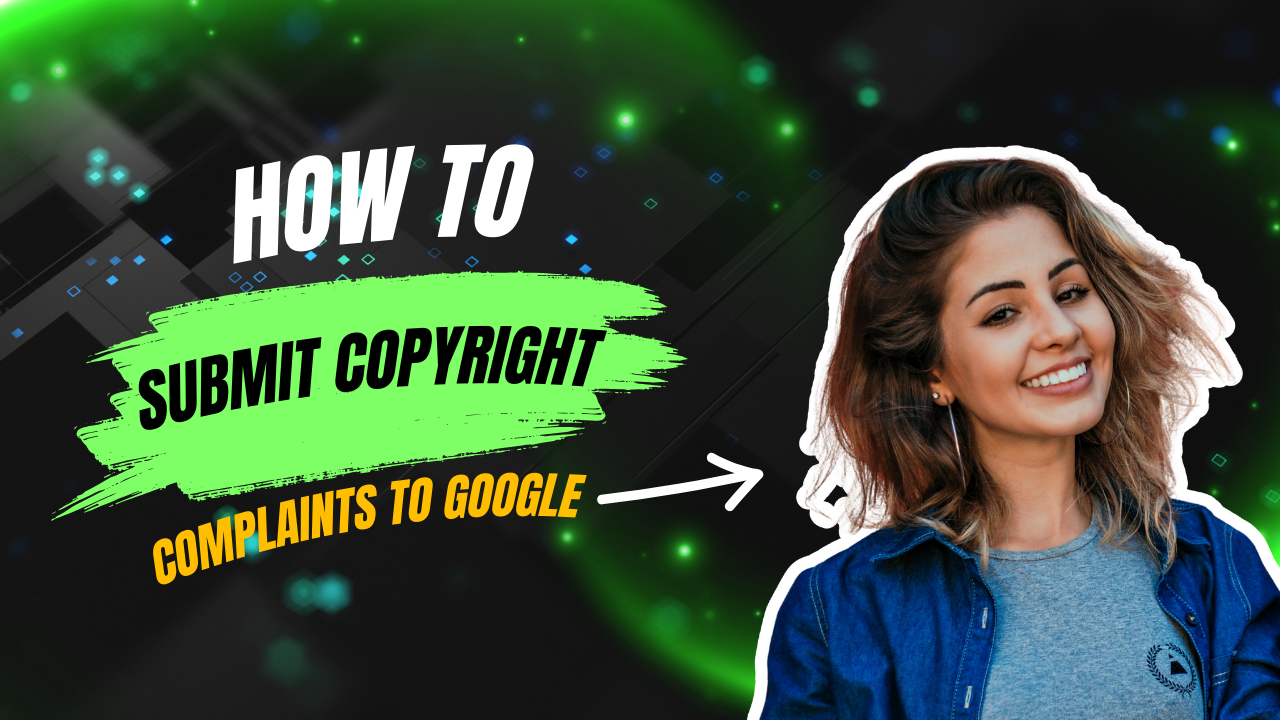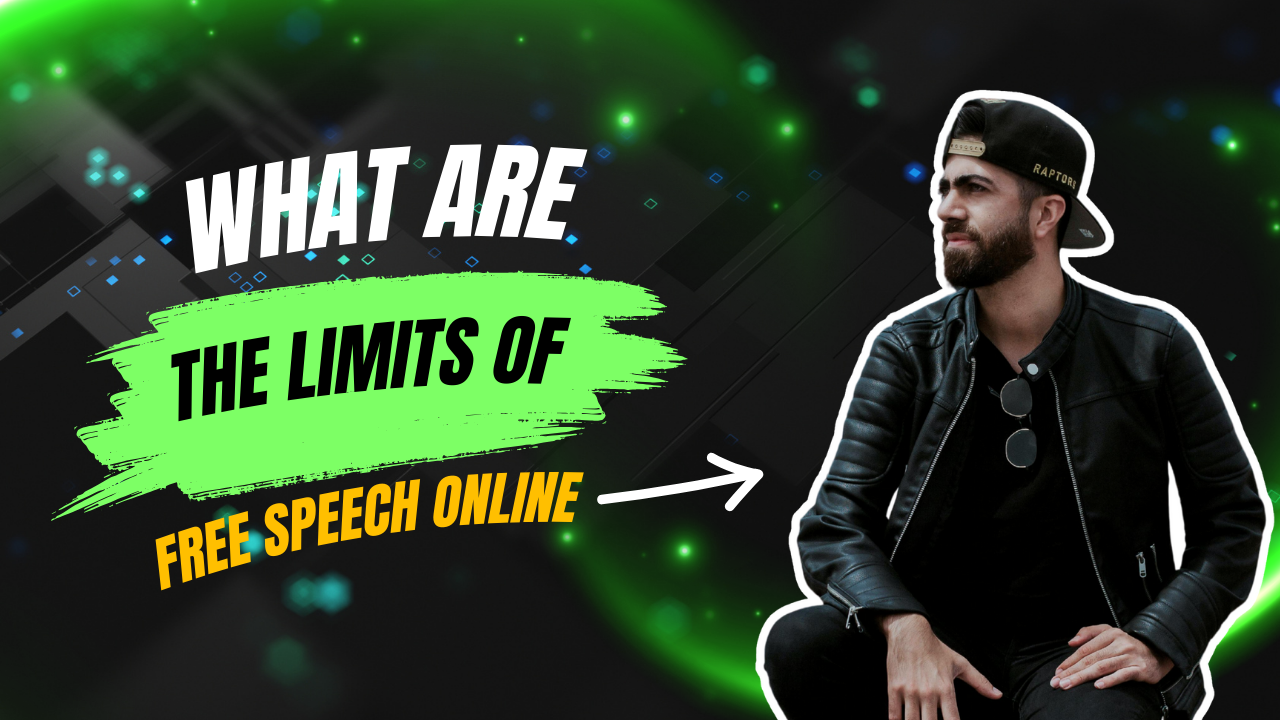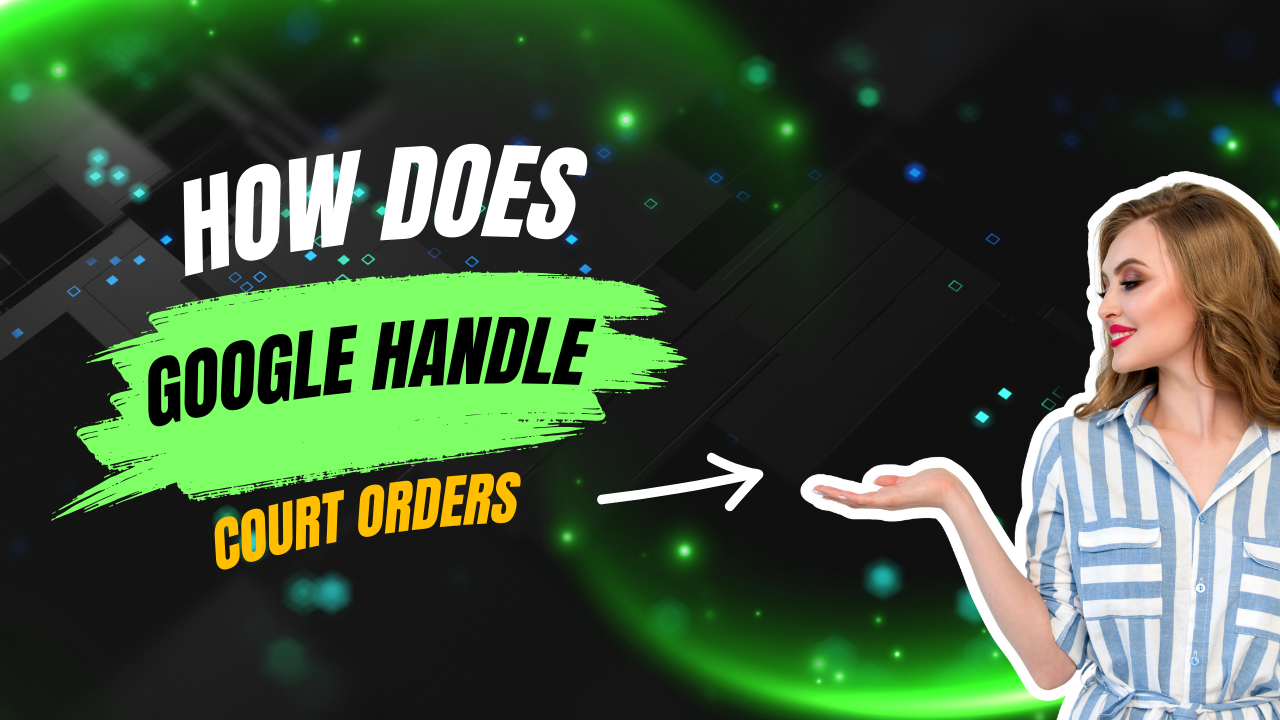If you’ve found something defamatory about you online, your first instinct might be to call a lawyer. But can a law firm actually help remove those links from Google?
The answer: Yes—but it depends on the situation.
More DB Insights: How to Remove Google Search Results
What Counts as Defamatory?
Defamation means the content is false and harms your reputation. That could include:
- False accusations
- Malicious blog posts or articles
- Personal attacks on forums or reviews
- Fake news written to damage your character
To qualify as defamation, the statement must be both untrue and harmful. Opinions, criticism, and unpleasant but true facts generally don’t count.
How Lawyers Can Help
Law firms that specialise in defamation or media law can do several things:
1. Send a Legal Notice
A formal cease-and-desist letter or takedown request can get results—especially if the website is run by a business, journalist, or organisation that wants to avoid legal action.
2. File a Court Order
If the website refuses to remove the content, your lawyer can help file a defamation lawsuit. If successful, you may get a court order requiring the publisher—and sometimes Google—to take it down.
Google accepts valid court orders under its Legal Removal Request process.
3. Handle Negotiation and Strategy
Lawyers often have experience dealing with stubborn websites. They can act as a go-between, pushing for removal without escalating the situation publicly.
Is It Always Worth It?
If the content is serious and untrue—and is hurting your business or personal life—a law firm might be the best route.
But defamation cases can take months and may be costly.
In less severe cases, using suppression tactics (like SEO or content replacement) may be faster and more affordable.
ReputationDB Can Help Too
At ReputationDB, we work with attorneys when needed—but we also use direct outreach, legal strategies, and suppression to remove or bury defamatory content.
If you’re not sure where to start, reach out. We’ll help you figure out if a law firm is necessary—or if we can handle it without one.




